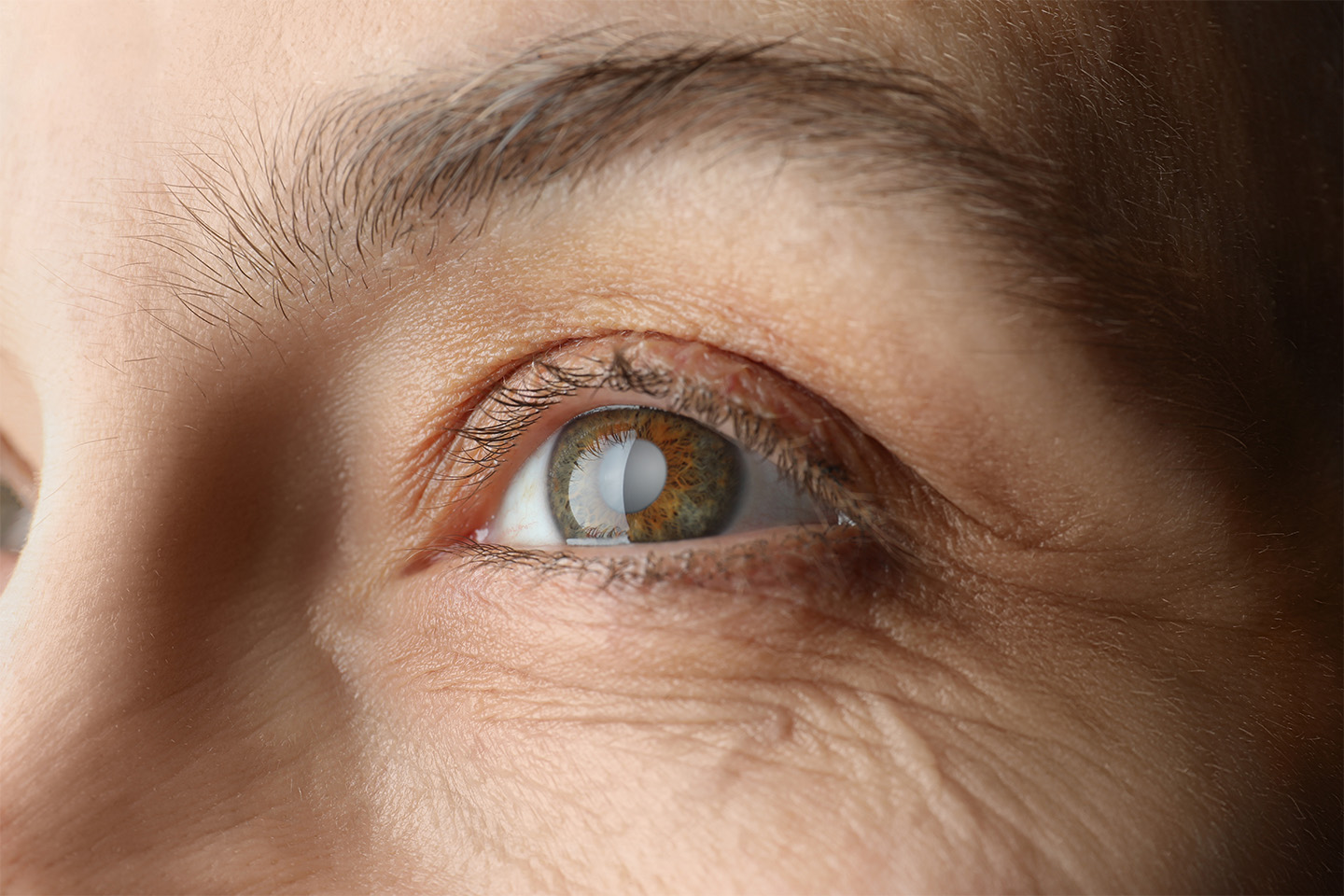Is LASIK Eye Surgery Right for Me?

Tired of relying on glasses or contacts? It might be time to consider laser eye surgery — here’s how to determine if it’s the right choice for you.
LASIK (laser-assisted in-situ keratomileusis) eye surgery is currently one of the most popular types of refractive eye surgery, largely due to the wide range of conditions it treats, its highly consistent outcomes, and the relatively affordable price tag.
Conditions Treated
LASIK is typically relied upon to correct three common eye conditions:
- Myopia (nearsightedness): nearby objects are clear, but distant objects are blurry and hard to distinguish
- Hyperopia (farsightedness): the opposite of myopia, distant objects are generally crisp and clear, but they become fuzzier as they get closer
- Astigmatism: objects and environments are blurry, regardless of how near or far away they are
Of course, we’re using LASIK in this article to refer to all types of laser eye surgery. In reality, there are a number of different types of LASIK procedures, including LASEK, epi-LASIK, PRK, and more, each of which is ideally suited to a specific condition or circumstance. If you are a candidate for LASIK, you’ll need to consult with a specialist to determine which option you should pursue.
Patients who receive LASIK surgery typically come away with 20/25 vision or better. For those who wear glasses or contacts every day, this can be a game-changing procedure (of course, these patients may eventually need glasses for specific activities like reading or driving at night as they age).
While LASIK has a great track record and can correct a wide range of issues, whether or not the procedure is right for you depends on the specific circumstances surrounding your condition, including your general health and long-term goals. Here are a few considerations to help you determine if LASIK eye surgery is the best choice for you.
-
How Old Are You?
Patients must be at least 18 years of age to be considered a LASIK candidate. If you’re older than 21, you may be a candidate for laser surgery to correct moderate to severe myopia (with or without astigmatism) and mild to moderate hyperopia (with or without astigmatism).
-
How Healthy Are Your Eyes in General?
While LASIK is designed to correct your vision, it may not be ideal if your eyes themselves are generally unhealthy. If you are suffering from any eye diseases, infections, corneal abnormalities, or scars, LASIK may not be right for you.
-
Can You Lie Flat On Your Back without Discomfort or Difficulty Breathing?
Laser eye surgeries like LASIK are performed while the patient is lying in a flat, horizontal position. If you think this might be an issue for you, talk to your doctor to discuss your options.
-
Are You Able to Stop Wearing Contact Lenses in the Two to Four Weeks Leading Up to Your Consultation and Procedure?
While your contacts sit on the surface of your eye, they actually change the shape of your cornea, which in turn can skew the results of your LASIK candidacy evaluation. We typically recommend that patients go without their contacts for four weeks leading up to their
appointment for the best possible results.
Next Steps
While there are a few disqualifying factors that are important to consider, the reality is that the procedure is perfectly safe and well-suited to the vast majority of cases. If you’re suffering from any of the conditions outlined in this article, LASIK can dramatically improve the way you see the world — both literally and metaphorically. If you’re interested in learning more, contact an eye specialist and schedule a preliminary consultation to find out if LASIK the right choice for you!
[DISPLAY_ULTIMATE_SOCIAL_ICONS]








